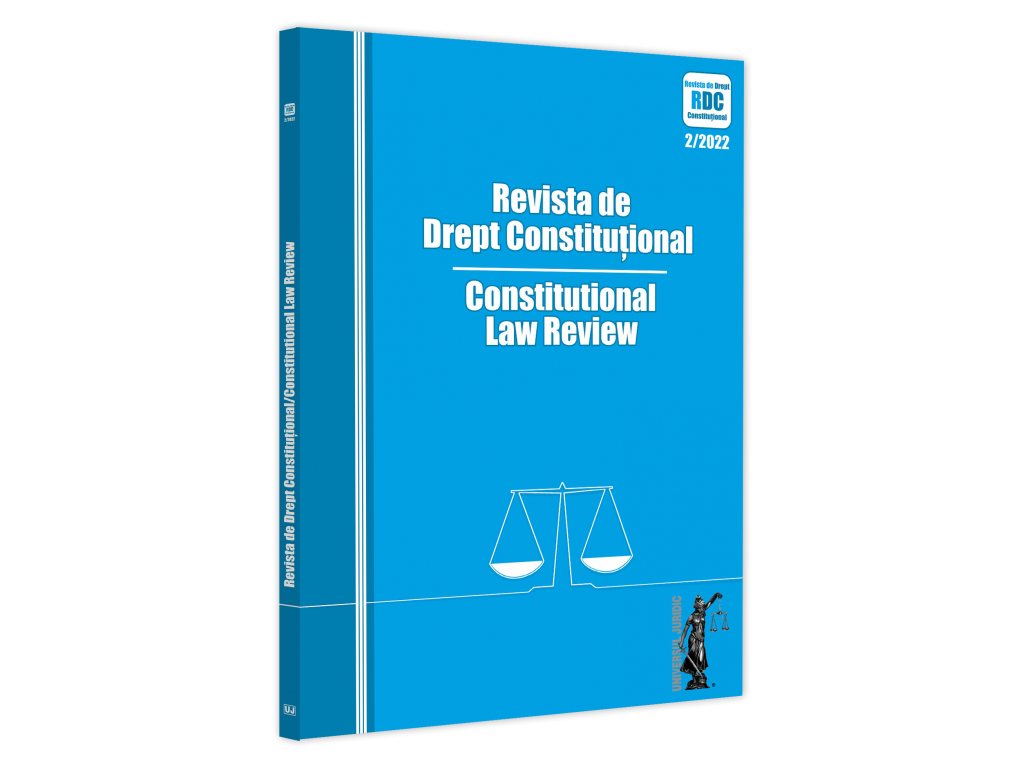The role of the parliamentary opposition in observing the rule of law
The role of the parliamentary opposition in observing the rule of law
Author(s): Alexandru DomşaSubject(s): Law, Constitution, Jurisprudence, Constitutional Law, Civil Law, Government/Political systems
Published by: Universul Juridic
Keywords: parliamentary opposition; rule of law; democracy; political power; constitution;
Summary/Abstract: In a democratic regime, the political stage is shared between the representatives of the power and those of the opposition. While the power has both the right and the duty to make decisions and to govern, the opposition has, on the one hand, the role of ensuring an effective control of the power’s activity and of signalling its possible slippages or abuses, and, on the other on the other hand, the role of presenting alternatives to the policies of the power, as well as to the governing team. Given that the power occupies the foreground of this binomial, within the analysis of the rule of law, the specialized doctrine focuses most of the time on analysing the dynamics of the relationship between power and law. Without contesting the primacy of the power’s conduct in this equation, this paper aims to highlight the essential role of the parliamentary opposition in observing the rule of law. The level of institutionalization of the parliamentary opposition is the main indicator of the maturity of a democratic system and the existence of a developed opposition is an essential condition for observing the rule of law.
Journal: Revista de Drept Constituțional
- Issue Year: 2022
- Issue No: 02
- Page Range: 122-134
- Page Count: 11
- Language: English
- Content File-PDF

